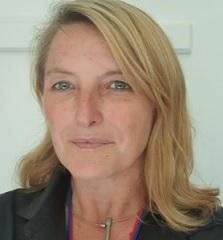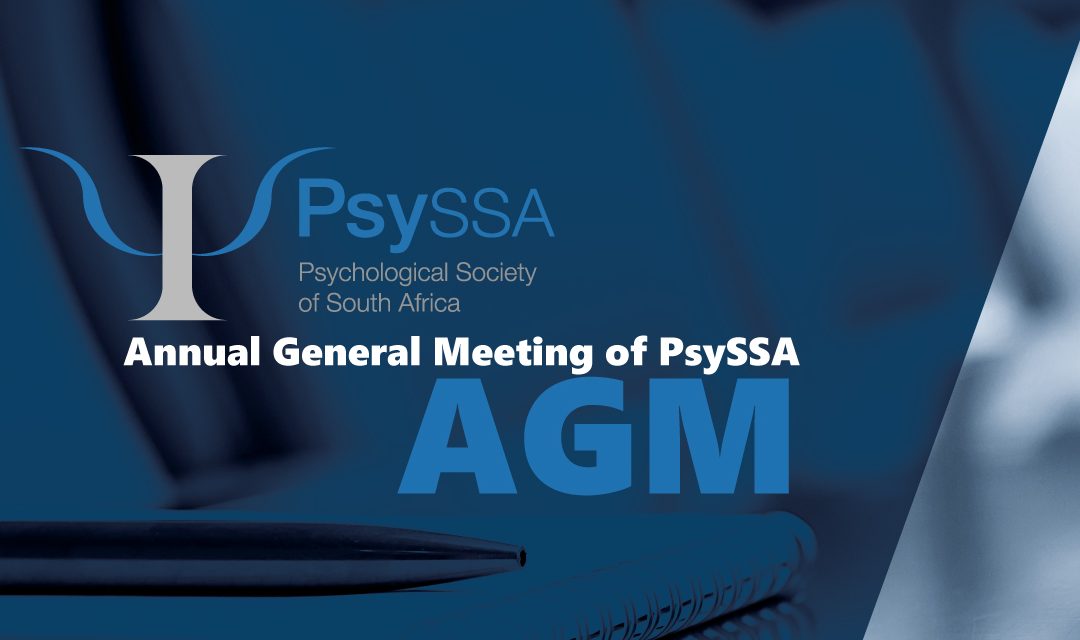Facilitators:
Prof Peace Kiguwa

Peace Kiguwa (PhD) is Associate Professor in Psychology at the School of Human and Community Development, the University of the Witwatersrand, South Africa. Her research interests include critical social psychology, gendered lives and identities, racism and racialization and the nuances of teaching and learning. She is the current Chair of the Sexuality and Gender Division of the Psychology Society of South Africa (PsySSA).
Pierre Brouard

Pierre Brouard is a clinical psychologist, Acting Director of the Centre for Sexualities, AIDS and Gender at the University of Pretoria, and the secretary of the Sexuality and Gender Division of the Psychological Society of South Africa. His work explores social justice in relation to HIV, sexualities and gender.
Presenters:
Akani Shimange(They/They)

Akani is a Human Rights Defender and the founder of Matimba-an organisation that works with trans and gender variant children and teenagers in South Africa. In 2019 they were an RFSL (The Swedish Federation for Lesbian, Gay, Bisexual, Transgender, Queer, and Intersex Rights) United Nations Rainbow Advocacy fellow and delivered a speech at the United Nations 42nd Human Rights Council. Over the last few years Akani has worked with a number of Transgender and LGBTIQA+ organisations in Africa such as Gender DynamiX, Iranti, Pan Africa ILGA in the past 10 years. They currently serve as the coordinator of the African Trans Network -A regional organisation that networks trans organisations across the region- Akani has lead a number of research publications on transgender youth experiences over the last few years, such as “Needs Analysis of Transgender Youth in South Africa”, “Access to Legal Gender Recognition for Transgender Youth” and is also featured in the upcoming anthology on experiences of queer individuals in Africa.
Simon Pickstone-Taylor
MBChB, General Adult Psychiatrist, and Child & Adolescent Psychiatrist

Simon Pickstone-Taylor works with inmates for the department of correctional services, part time private practice at the Neuro Diversity Centre in the Boland that specializes in Autism Spectrum Disorder. He has a special interest in Gender Diversity particularly in young people. In 2012 he started the Gender Identity Development Service within UCT’s Division of Child & Adolescent Psychiatry, where he provide support for young people up to 18 years old and their families, as well as to other professionals supporting these young people. He is an Honorary Senior Lecturer in the psychiatry department at UCT, and gives training on gender and sexuality to trainees and staff. He is member of the World Professional Association of Transgender Health and founder member of PATHSA.
Ronald Addinall

Ronald Addinall, BA (SW); BSocSc (Honours) in Clinical Social Work; MSocSc in Clinical Social Work (1st Class). Registered with the SACSSP.
Clinical social worker, sexologist and academic at UCT with 28 years practice experience across many fields and 11-years’ experience as an academic in social work, clinical social work and sexology. He further specialised as a sexologist and sex therapist, under the 20-year mentorship of Prof Clint Gould from the Institute for the Advanced Study of Human Sexuality in the US. Ron went on to establish the first ever sexual health clinic in a military health setting which he managed for 10 years offering sex therapy, sexual health promotion and sexual health prevention programmes. Ron is a founding member and present board member of the Southern African Sexual Health Association (SASHA) and a founding member and present board member of the Professional Association for Transgender Health South Africa (PATHSA). He serves on the Transgender Clinic Multi-disciplinary Team of Groote Schuur Hospital. He served on the WHO task team for South Africa for the Clinical Utility research on the ICD-11 diagnostic criteria for Gender Incongruence and Paraphilias.
Chris McLachlan (They/They)

Clinical psychologist working in the field of Gender Affirming Healthcare and Trans and Gender Diversity. Chris is the chair of The Professional Association for Transgender Health South Africa (PATHSA), co-chair of The South African Gender Affirming Guidelines (GAG) core group – Southern African HIV clinicians society, serves as the vice-chair of the Psychological Society of South Africa’s Sexuality and Gender Division and is on the Advisory Board of Wits RHI. Chris has presented numerous papers at national and international congresses, conferences and symposia and was the runner-up of the WPATH student award in 2018. Chris lectures and does training in the field of gender affirming healthcare and sexual and gender diversity. Furthermore, Chris lectures psychology and theology. Chris is a Reverend and a PhD candidate at UNISA. Their Doctoral in Psychology focusses on trans healthcare and the ways trans and gender diverse people navigate the healthcare system. Chris attained a MSocSc (UKZN); MA -Biblical studies (UJ) and a MTh (UNISA). Chris was also part of the core team developing ‘Practice Guidelines for Psychology Professionals Working with Sexually and Gender-Diverse People’. Chris has published academic articles and other opinion pieces in the field. Chris was interviewed for the programme ‘Becoming’, done radio interviews and has been a keynote speaker at the KZN legislature’s LGBTIQA+ symposium. Chris resides in beautiful Hilton with their family, runs a small private practice and works at a rape crises centre, DOH Thuthuzela Care Centre.
Dr Ariane Spitaels
Paediatric Endocrinologist, UCT

Registered as paediatrician 1998, and endocrinologist 2007, Spitaels has worked as a paediatrician with a special interest in endocrinology and diabetes since June 2000 and has treated many transgender individuals, including differences or disorders of sex development (DSD) patients.

















